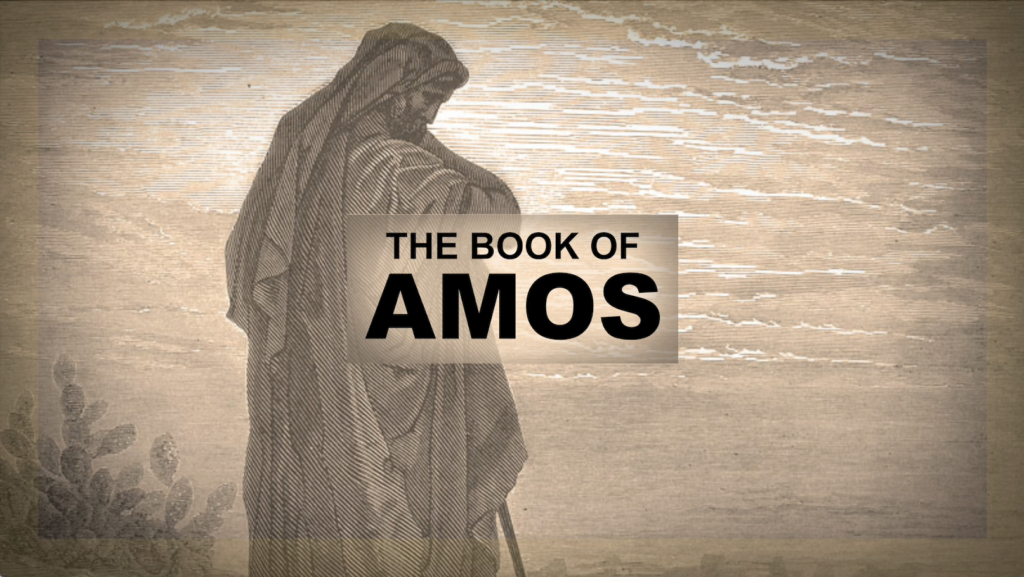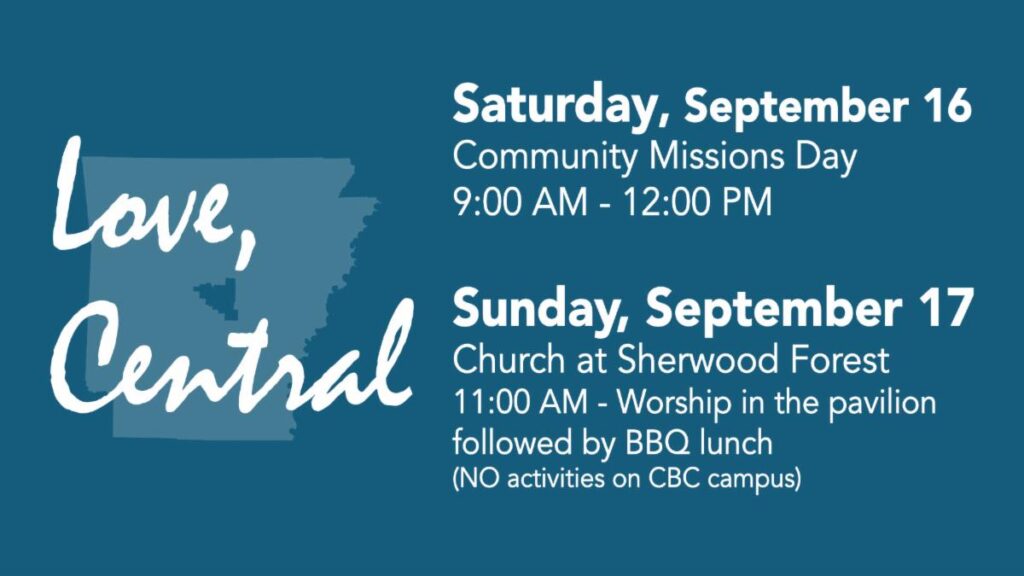
1:1 The words of Amos, who was among the shepherds of Tekoa, which he saw concerning Israel in the days of Uzziah king of Judah and in the days of Jeroboam the son of Joash, king of Israel, two years before the earthquake. 2 And he said: “The Lord roars from Zion and utters his voice from Jerusalem; the pastures of the shepherds mourn, and the top of Carmel withers.” 3 Thus says the Lord: “For three transgressions of Damascus, and for four, I will not revoke the punishment, because they have threshed Gilead with threshing sledges of iron. 4 So I will send a fire upon the house of Hazael, and it shall devour the strongholds of Ben-hadad. 5 I will break the gate-bar of Damascus, and cut off the inhabitants from the Valley of Aven, and him who holds the scepter from Beth-eden; and the people of Syria shall go into exile to Kir,” says the Lord. 6 Thus says the Lord: “For three transgressions of Gaza, and for four, I will not revoke the punishment, because they carried into exile a whole people to deliver them up to Edom. 7 So I will send a fire upon the wall of Gaza, and it shall devour her strongholds. 8 I will cut off the inhabitants from Ashdod, and him who holds the scepter from Ashkelon; I will turn my hand against Ekron, and the remnant of the Philistines shall perish,” says the Lord God. 9 Thus says the Lord: “For three transgressions of Tyre, and for four, I will not revoke the punishment, because they delivered up a whole people to Edom, and did not remember the covenant of brotherhood. 10 So I will send a fire upon the wall of Tyre, and it shall devour her strongholds.” 11 Thus says the Lord: “For three transgressions of Edom, and for four, I will not revoke the punishment, because he pursued his brother with the sword and cast off all pity, and his anger tore perpetually, and he kept his wrath forever. 12 So I will send a fire upon Teman, and it shall devour the strongholds of Bozrah.” 13 Thus says the Lord: “For three transgressions of the Ammonites, and for four, I will not revoke the punishment, because they have ripped open pregnant women in Gilead, that they might enlarge their border. 14 So I will kindle a fire in the wall of Rabbah, and it shall devour her strongholds, with shouting on the day of battle, with a tempest in the day of the whirlwind; 15 and their king shall go into exile, he and his princes together,” says the Lord.
2:1 Thus says the Lord: “For three transgressions of Moab, and for four, I will not revoke the punishment, because he burned to lime the bones of the king of Edom. 2 So I will send a fire upon Moab, and it shall devour the strongholds of Kerioth, and Moab shall die amid uproar, amid shouting and the sound of the trumpet; 3 I will cut off the ruler from its midst, and will kill all its princes with him,” says the Lord. 4 Thus says the Lord: “For three transgressions of Judah, and for four, I will not revoke the punishment, because they have rejected the law of the Lord, and have not kept his statutes, but their lies have led them astray, those after which their fathers walked. 5 So I will send a fire upon Judah, and it shall devour the strongholds of Jerusalem.” 6a–d Thus says the Lord: “For three transgressions of Israel, and for four, I will not revoke the punishment…
In March of 1964, two young singers, Paul Simon and Art Garfunkel, went into Columbia Studios and recorded a song. It was released on the duo’s first album on October 19, 1964. The album bombed, the band disbanded, and the two singers went their separate ways. The next year, however, the album’s producer, Tom Wilson, remixed the song, adding electric guitars and drums, and, in January of 1966, it hit number 1 on the Billboard Hot 100. That song was “The Sound of Silence.”
The closing stanza of the song is powerful and haunting and evocative. It stays with you. Here is how it goes:
And the people bowed and prayed
To the neon god they made
And the sign flashed its warning
In the words that it was forming
And the sign said, “The words of the prophets
Are written on the subway walls
And tenement halls”
And whispered in the sounds of silence[1]
I have always been fascinated by that line: “The words of the prophets are written on the subway halls.” Whatever else it means—and people, of course, debate the meaning of this song—it seems to mean that the great truths are not confined to ivory towers and academies. In fact, the words of the prophets are written on the subway walls and tenement halls. That is, the prophets are often common men and their truths are not hidden from the masses.
The prophet Amos fits the bill. He was no professional prophet! Verse 1 tells us:
1:1 The words of Amos, who was among the shepherds of Tekoa, which he saw concerning Israel in the days of Uzziah king of Judah and in the days of Jeroboam the son of Joash, king of Israel, two years before the earthquake.
So Amos was a shepherd in a small town called Tekoa. In fact, Amos, in chapter 7, will stress his humble origins even more:
14 Then Amos answered and said to Amaziah, “I was no prophet, nor a prophet’s son, but I was a herdsman and a dresser of sycamore figs. 15 But the Lord took me from following the flock, and the Lord said to me, ‘Go, prophesy to my people Israel.’ 16 Now therefore hear the word of the Lord.”
And, yet, God can do great things through a common man, a man of the fields, a man of subways. In verse 2 of Amos 1 we read:
2 And he said: “The Lord roars from Zion and utters his voice from Jerusalem; the pastures of the shepherds mourn, and the top of Carmel withers.”
Ah! See? It is not the social status of the prophet but rather the power of the prophet’s God that matters. We are reading this book these many years after its writing not because Amos was powerful but because the Lord roared like a lion through him, and so great was the voice of the Lord through Amos that “the pastures of the shepherds mourn, and the top of Carmel withers.” “Amos may be the prophet,” writes Mark Dever, “but he is only the prophet. The primary actor here is the Lord himself.”[2] Indeed!
Let us see what God says through the words of the prophet!
Continue reading →





